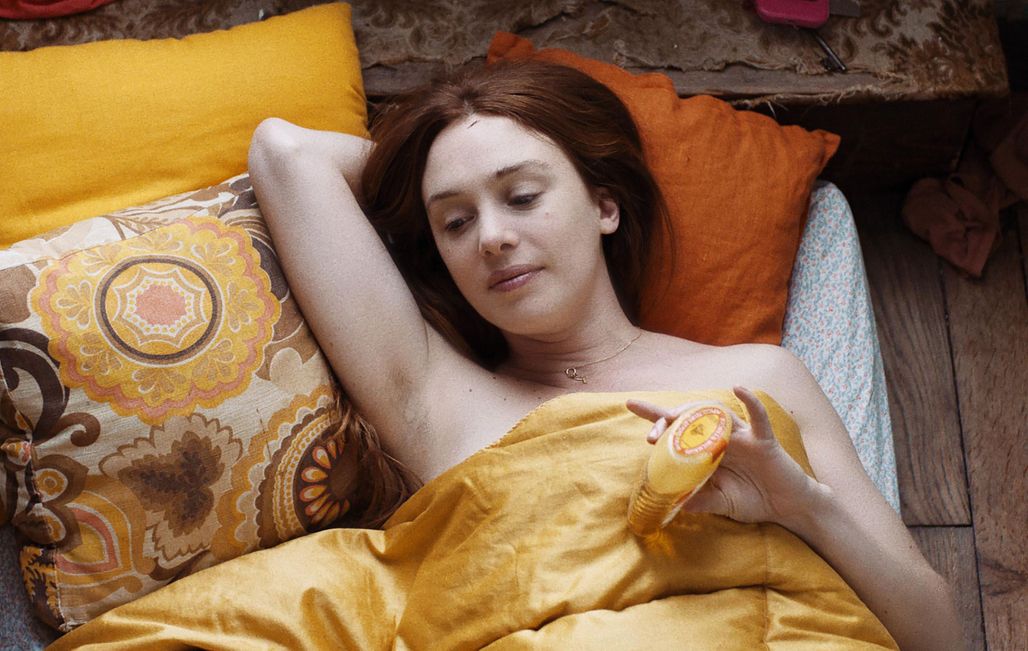
Jeune femme (Montparnasse Bienvenue), an encounter with Léonor Serraille

Jeune Femme (Montparnasse Bienvenue) marks French director Léonor Serraille's feature-film début in a portrait of an independent woman living in Paris, embarking on encounter after encounter and ultimately beginning a new chapter in her life. Selected for Un Certain Regard, the film has also been nominated for the Caméra d’Or award.
How did the idea for this film come about?
I wanted to focus on a woman alone in the city, creating a cinematic portrait in which opposing forces collide, just as they do within the character herself. The story was based on my own experiences and my relationship with Paris. But the concept is first and foremost based on examining a network of different, tangible situations in order to capture the metamorphosis of a woman. The unpredictable, intense Paula was born, a fiery character with a sense of tenderness and whimsy. I wanted to pay tribute to the people who inspire openness, who cut straight to the heart of the people they meet.
What was the mood like on set? Any anecdotes worth sharing?
A lack of prep and filming time meant we were constantly in a rush, which I think helped us trust one another. For many of us, this was our first feature film. Everyone was incredibly committed and inventive. It felt like the whole crew was really rooting for Paula. I'm thinking back to one of the scenes in a restaurant at the top of the Tour Montparnasse at night. Everyone was exhausted and stressed. Our equipment was stuck in the lifts and time was running out when Laetitia Dosch and Grégoire Monsaingeon suddenly began running through their lines in the dark, and everyone fell silent. In that moment, I felt that we were a water-tight team coming together in rough times to bring a story to life. It was powerful.
How did you find working with your actors?
Meeting Laetitia Dosch proved decisive. She has a deep understanding of the complexities of a character and story that meant that the dialogue was rich, open and highly precise every time. She's an extremely multi-faceted actor who isn't afraid to take smart risks. The secondary characters were strong personalities who I felt inspired by. I had already worked with Nathalie Richard on Body, my medium-length film, and I was determined to work with her again. She's simply incredible.
What did you learn whilst making this film?
Unlike the writing process, when you need to keep a handle on every last detail, filming went surprisingly well when I stopped trying to control everything. Embracing spontaneity helped me get back in touch with everything that had been polished and honed over the months. You take risky, crucial decisions, but that's what makes a film feels alive. It's scary but exciting, at the same time.
What or who has influenced your work?
Actors very much inspire me, people like Anna Thomson, Patrick Dewaere, David Thewlis, Damian Lewis and Winona Ryder. Literature is also a big reason why I wanted to make films. The films and books that most inspire me are often portraits, like Wanda by Barbara Loden or Mike Leigh's Naked, for example.
What does the future hold?
Nothing is yet set in stone. Jeune femme (Montparnasse Bienvenue) is based on Paula's scattered experiences across the city, a series of scenes that examine the character's many different facets. That means there are very few 'long' scenes. I think that's what I'd like to tackle in my next project: longer periods of time.


